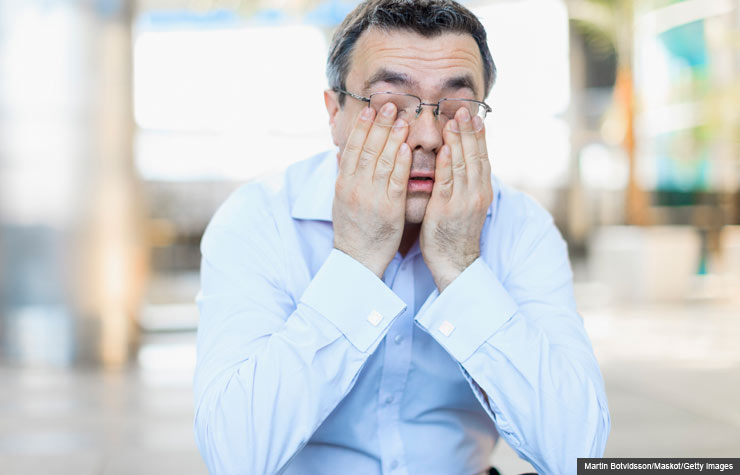
Sleeping pill side effects, drug interactions
- Select a language for the TTS:
- UK English Female
- UK English Male
- US English Female
- US English Male
- Australian Female
- Australian Male
- Language selected: (auto detect) - EN
Play all audios:

Spira notes that the more we learn from research, the more important good sleep appears to be for healthy aging. He speculates that people who get enough sleep may enjoy protection from the
diseases that can come with passing years. But he says that instead of taking medications, people struggling with insomnia should find other, better ways to fall asleep. Fortunately, there
are many other options. For starters, Sateia says, patients and their doctors should try looking at the root of insomnia. Many common, treatable health problems can interfere with sleep. The
list includes depression, anxiety, poorly managed pain, restless leg syndrome and sleep apnea. "IT'S EASY TO TAKE A PILL AND GO TO SLEEP, BUT IT'S A TOTALLY SHORTSIGHTED
APPROACH WITH THE POTENTIAL FOR NEGATIVE CONSEQUENCES." Once a person is truly ready for good sleep, Sateia says it's time to learn the basics of "sleep hygiene." That
means avoiding caffeine in the evening, going easy on alcohol, not napping during the day and keeping the bedroom dark, quiet and cool. But these are just the first steps. According to
Sateia, far too many doctors and sleepless patients give up if sleep hygiene alone doesn't solve their insomnia. "Tips for sleep hygiene are plastered all over magazines and
newspapers," he says. "After people try that, they think they've tried everything." WHEN ALL ELSE FAILS To really solve their insomnia, many people need to fundamentally
shift their attitude about sleep, Sateia says. As he explains, insomnia is often a self-fulfilling prophecy. "Before their head even hits the pillow, they've convinced themselves
that they're not going to be able to sleep," he says. Sateia says those expectations can be turned around with the help of cognitive behavioral therapy (CBT), a type of counseling
that combines meditation and relaxation techniques with other proven sleep strategies. One of the main goals of cognitive behavioral therapy for insomnia — also called CBT-i — is to reduce
the amount of time that people spend awake in bed. That means not using the bed for reading and work, and getting out of bed if it feels like sleep isn't coming. If they can spend less
time struggling for sleep, even hard-core insomniacs can feel more confident when they get under the covers. And confidence, Sateia says, can be the best sedative of all. "We believe
that everyone should go through a course in cognitive behavioral therapy before trying a sleeping pill," Sateia says. He adds that qualified practitioners may be difficult to find,
especially in small towns. However, he says, new Web-based programs could help more people enjoy the benefits of the therapy. "There are no side effects to CBT-i, and the benefits can
last for years," he says. _Chris Woolston is a freelance writer._
